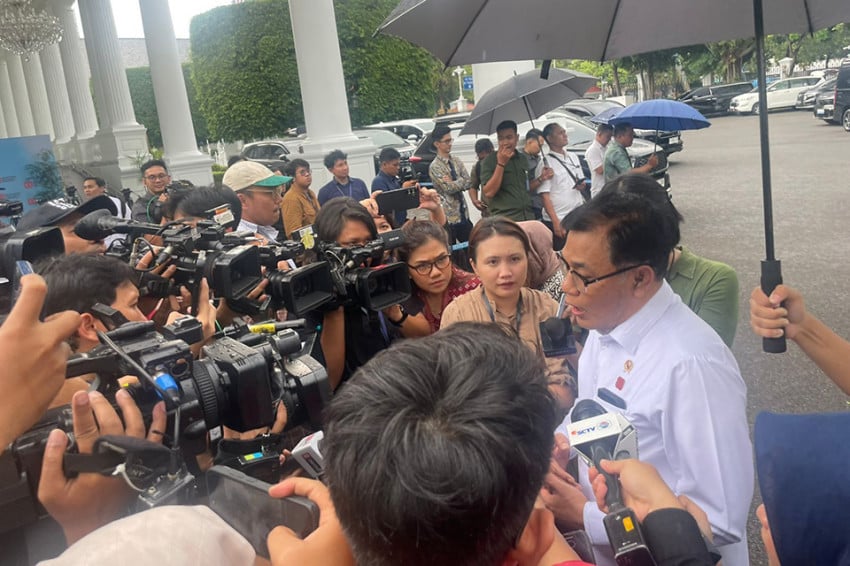
Budiman Sudjatmiko Responds to Economic Emergency Demands from the Indonesian Economic Alliance
On September 9, 2025, Budiman Sudjatmiko, the head of BP Taskin, addressed the concerns of hundreds of economists affiliated with the Indonesian Economic Alliance. This response followed the release of a statement titled “Seven Economic Emergency Demands,” which was signed by 384 economists from across Indonesia.
Context of the Demands
The economic landscape in Indonesia has been a topic of significant discussion, particularly as the nation grapples with challenges such as poverty and inequality. The Indonesian Economic Alliance has raised urgent demands aimed at addressing these issues, prompting Sudjatmiko’s response. He emphasized the importance of understanding the long-term implications of government programs, which are often criticized as populist measures lacking sustainable impact.
Government Programs Under Scrutiny
Sudjatmiko defended several initiatives introduced under President Prabowo’s administration, highlighting programs like Makan Bergizi Gratis (MBG), Sekolah Rakyat, and Koperasi Desa Merah Putih. He argued that these programs are not merely short-term solutions but are designed to create lasting economic and social structures that can help alleviate poverty.
Makan Bergizi Gratis: A Multifaceted Approach
The Makan Bergizi Gratis program, which translates to “Free Nutritious Meals,” aims to address the nutritional needs of school-aged children. At first glance, it may appear to be a simple food distribution initiative. However, Sudjatmiko pointed out that the program has far-reaching effects. By ensuring a stable demand for nutritious food, it creates a reliable market for farmers, livestock breeders, fishermen, and food industries.
He explained that, from a Keynesian perspective, government spending on the MBG program acts as a fiscal stimulus, boosting aggregate demand. This, in turn, generates job opportunities in agriculture and logistics while creating a multiplier effect in rural areas. Additionally, the program alleviates the financial burden on low-income households and enhances the quality of human resources from an early age through improved nutrition.
Sekolah Rakyat: Education as a Tool for Change
Sudjatmiko also highlighted the Sekolah Rakyat program, which goes beyond merely providing access to education. He described it as a vital instrument for breaking the cycle of structural poverty. By offering affordable and quality education to children from impoverished families, the program serves as a long-term investment that increases their chances of escaping poverty.
Addressing Criticism of Government Programs
In his address, Sudjatmiko acknowledged that government initiatives are often labeled as populist, suggesting that they are designed solely to gain public favor without delivering substantial benefits. He urged critics to look deeper into the objectives and outcomes of these programs, asserting that they are integral to building a more equitable society.
He reiterated that the government’s approach is not merely about providing temporary relief but about fostering an environment where economic growth can be sustained over time. The initiatives are crafted to address the root causes of poverty and inequality, rather than just their symptoms.
Conclusion
Budiman Sudjatmiko’s response to the demands of the Indonesian Economic Alliance underscores the government’s commitment to addressing pressing economic challenges through targeted programs. By focusing on sustainable solutions, the administration aims to create a more resilient and equitable society for all Indonesians.
Key Facts
– Budiman Sudjatmiko is the head of BP Taskin.
– The Indonesian Economic Alliance presented “Seven Economic Emergency Demands,” signed by 384 economists.
– Government programs like Makan Bergizi Gratis and Sekolah Rakyat aim to alleviate poverty and improve social structures.
– Makan Bergizi Gratis focuses on nutritional support for children, while Sekolah Rakyat provides affordable education.
– Sudjatmiko emphasized the long-term benefits of these programs over short-term populist measures.
Source: ekbis.sindonews.com
